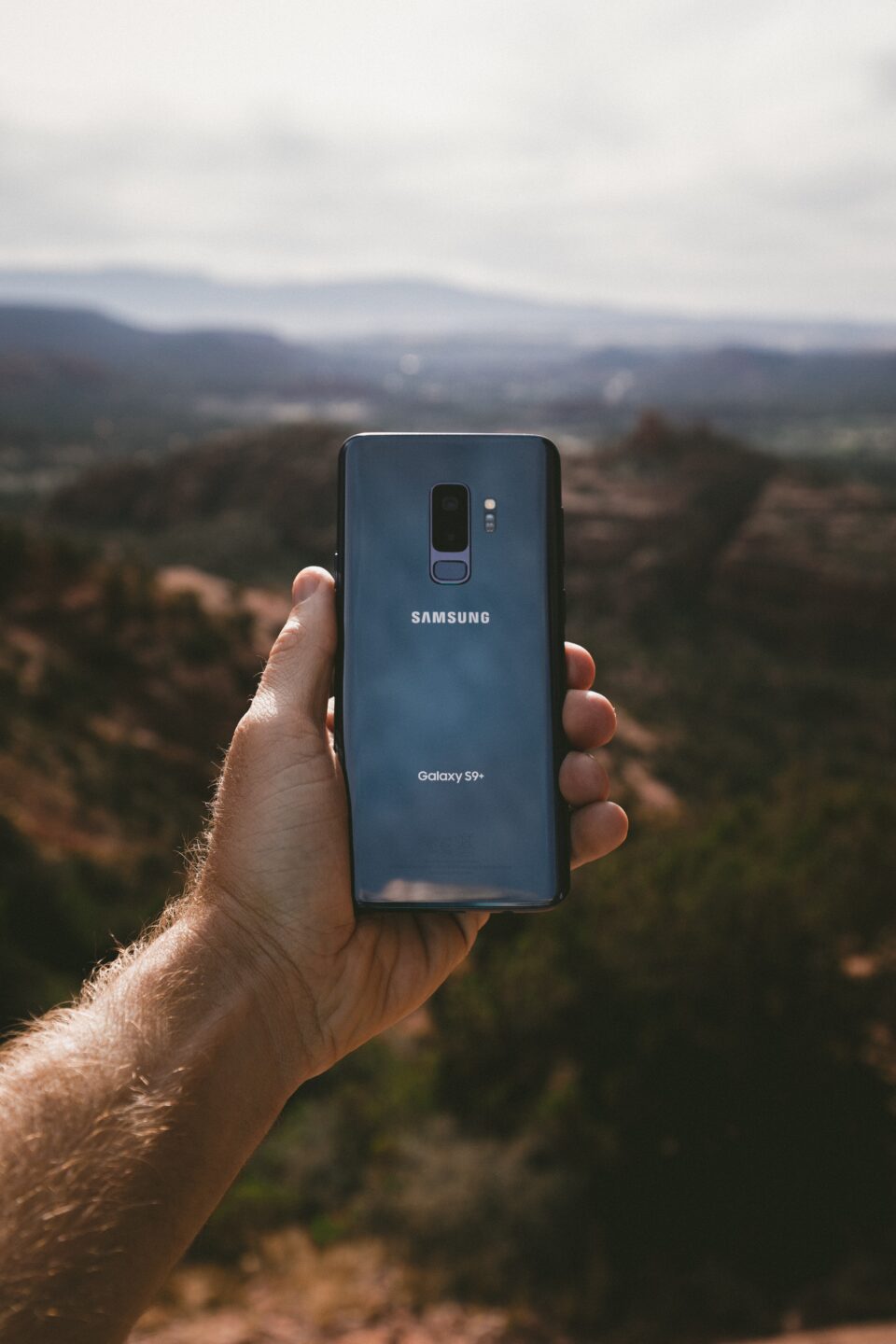Renewable energy
Firstly, Samsung Electronics plans to join a group of global corporations committed to 100% renewable energy.
Secondly, the Company is the world’s biggest chipmaker, is late to the green power pledge. Two ago, hometown rival SK Hynix joined the initiative. Global peers as Apple, TSMC and Intel are already inside the pledge.
Thirdly, the timing of the cautious company’s announcement, expected as early as the May 10 inauguration of South Korea’s new president. It will bring it on board just as the country’s energy policy is set for a grand U-turn: away from the prior administration’s aggressive push into renewables, and towards a pro-nuclear stance.
Also, Samsung Electronics will notify its foreign investors that it would join and announce RE100 within this year.
Moreover, the organization acknowledged the risk of inaction on climate change; it estimates based on 2020 revenue that up to 25.8 trillion won.
Our customers are demanding to produce products using 100% renewable energy to achieve their goals. There is an evident risk that our sales may be affected if these demands are not met.
Samsung.
Actions supporting renewable energy
Samsung Electronics has already been running its chip factories in China and the United States 100% with renewable electricity since 2019, but they accounted for just 10.7% of its total global energy consumption in 2020.
Its chip factories in South Korea accounted for 63.5% of its total global electricity use in 2020, and most of its $51.6 billion in profit last year, but ran almost entirely on non-renewable power.
Samsung is building its third chip factory in Pyeongtaek, South Korea; and three more are planned for the city. They project to consume 21.6 TWh per year, exceeding the entire electricity consumption of Busan, South Korea’s second-largest city with 3.3 million people, according to an opposition lawmaker. Samsung did not dispute the figure.
We also recommend: Clean Energy Storage Project Receives $500 Million Conditional Commitment from U.S. Department of Energy. Read more.
South Korea’s energy policy
While environmental groups argued that an aggressive shift to renewables is necessary to promote economies of scale; a pro-nuclear approach would help to stabilise electricity prices and let Samsung sustain profitability while moving towards renewables.
Besides, nuclear power will buy time until renewable energy gets cheaper with technological breakthroughs. Samsung will bide its time until renewable energy prices drop before it carries out RE100 at full throttle.
The Korea Energy Economics Institute estimates the price of solar and wind power will fall as much as 55% and 44%, respectively, by 2030 from 2020.
Yoon, South Korea’s elected President, aims for an energy mix of 20-25% renewables and 30-35% nuclear by 2030, compared with his predecessor’s target of 70% from renewables and only 6% from nuclear by 2050.
Finally, Electric Power Statistics Information System data showed that nuclear power accounted for 29% and renewable energy 6.6% in 2020.
Read more about Samsung Electronics.


